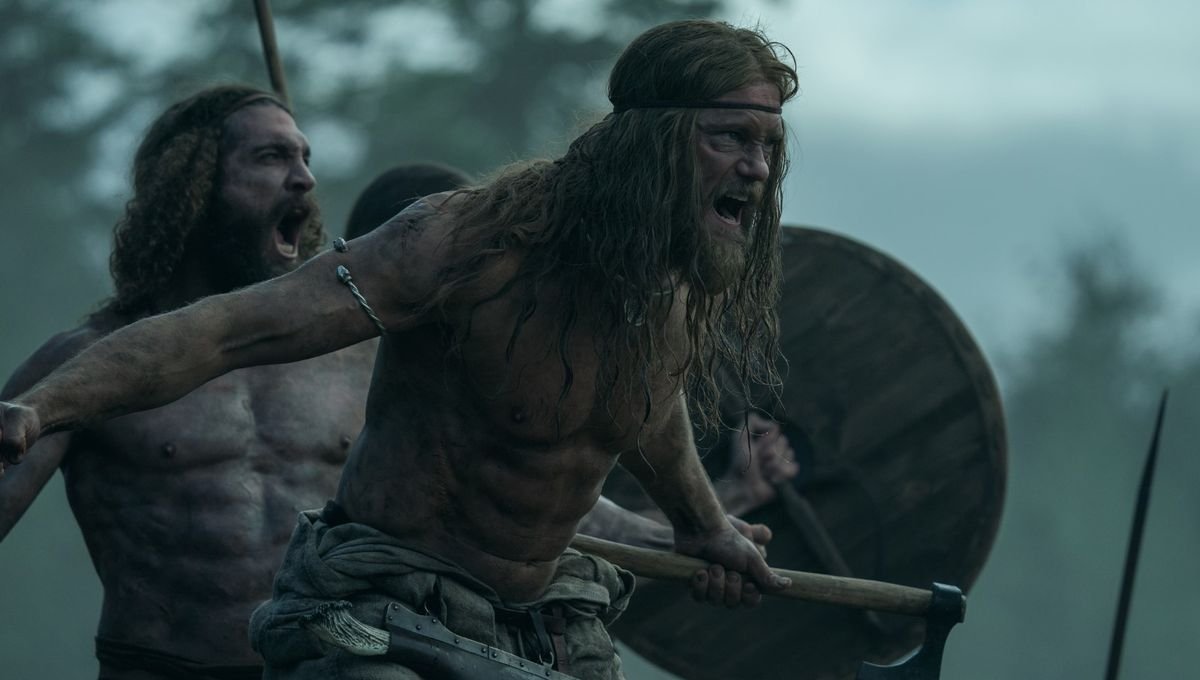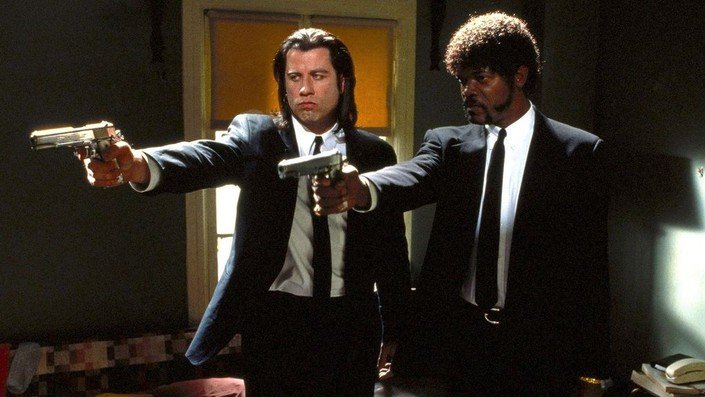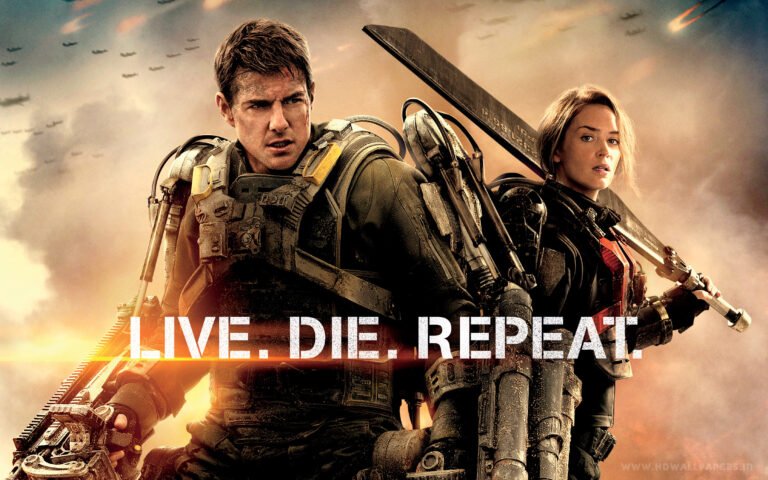
Robert Eggers has firmly established himself as one of the most ambitious and visionary filmmakers of the modern era. With his latest offering, “The Northman,” the director has taken on the challenge of crafting a definitive Viking epic, drawing from the rich mythology and history of Scandinavia. This brutal, visceral, and deeply symbolic film is a testament to Eggers’ unwavering commitment to authenticity and his ability to create immersive, thought-provoking cinematic experiences.
Diving into the Viking Mythos
From the outset, Eggers was determined to create a film that would do justice to the Viking mythos, drawing on the expertise of leading scholars in the field. The director collaborated closely with Professor Neil Price, widely regarded as the foremost contemporary authority on the subject, to ensure the historical accuracy and cultural authenticity of “The Northman.” This meticulous attention to detail is evident throughout the film, with every aspect, from the language to the customs and rituals, meticulously researched and faithfully recreated.
One of the key aspects that sets “The Northman” apart from previous Viking-themed films and TV series is its commitment to exploring the deeper symbolic and cultural significance of the Norse legends. Eggers delves into the complex web of relationships, power dynamics, and spiritual beliefs that underpinned Viking society, offering a multifaceted and nuanced portrayal of this captivating era.
The film’s central narrative is rooted in the ancient legend of Amleth, which later inspired Shakespeare’s “Hamlet.” This mythic tale of revenge and the cycle of violence serves as a springboard for Eggers to explore broader themes of identity, fate, and the human condition. The director’s previous films, “The Witch” and “The Lighthouse,” have demonstrated his penchant for blending historical authenticity with psychological depth and metaphorical resonance, and “The Northman” continues this tradition with remarkable success.
Crafting a Brutal, Visceral Cinematic Experience
One of the most striking aspects of “The Northman” is its uncompromising brutality and visceral intensity. Eggers has crafted a film that immerses the viewer in the harsh, unforgiving world of the Vikings, where violence and bloodshed are a way of life. The action sequences are choreographed with a raw, primal energy, capturing the sheer physicality and brutality of Viking combat.
However, Eggers’ approach to violence is not merely sensationalistic; it serves a deeper purpose within the narrative. The director uses the film’s graphic depictions of violence to explore the psychological and emotional toll of revenge, as well as the cyclical nature of conflict that plagued Viking society. The brutality is not merely for shock value, but rather a reflection of the harsh realities that the characters must confront.
Complementing the film’s visceral intensity is Eggers’ masterful use of visual storytelling. The director’s signature style, which blends historical accuracy with a dreamlike, almost hallucinatory quality, is on full display in “The Northman.” The film’s cinematography, production design, and score work in perfect harmony to create a truly immersive and atmospheric experience, transporting the viewer to the rugged, unforgiving landscapes of ancient Scandinavia.
Navigating the Challenges of Adapting Legendary Material
Adapting a legendary tale like the Amleth saga presented Eggers with a unique set of challenges. On the one hand, the director had the opportunity to draw from a rich well of mythological and historical material, which provided a solid foundation for his storytelling. However, the very familiarity of the source material also posed a risk, as Eggers had to find a way to breathe new life into a well-known narrative without betraying its core essence.
One of the ways Eggers navigated this challenge was by striking a careful balance between honoring the traditional elements of the Amleth legend and introducing his own innovative interpretations. The director’s meticulous research into Viking culture and mythology allowed him to infuse the film with a level of authenticity and depth that elevates it beyond a simple revenge tale.
Eggers also made the bold decision to incorporate elements of the supernatural and the occult, drawing on the rich tradition of Norse mysticism and spirituality. The inclusion of witches, seers, and other supernatural forces adds a layer of complexity and ambiguity to the narrative, challenging the audience to grapple with the blurred lines between reality and the realm of the divine.
However, one aspect of the film that has been the subject of some debate is the director’s use of language. Eggers opted for an archaic, almost Shakespearean style of English dialogue, which some have argued detracts from the authenticity of the Viking setting. While the director’s intention was to create a sense of linguistic distance and formality, the execution has been a point of contention for some viewers.
Despite these occasional missteps, Eggers’ overall approach to adapting the Amleth legend is a testament to his creative vision and his commitment to delivering a cinematic experience that is both historically grounded and emotionally resonant.
Exploring the Themes of Power, Revenge, and the Human Condition
At the heart of “The Northman” lies a complex web of themes that delve into the very essence of the human experience. Eggers masterfully weaves together the personal and the political, the individual and the societal, to create a richly layered narrative that challenges the audience to grapple with universal questions of identity, morality, and the nature of power.
The film’s central narrative, rooted in the Amleth legend, is a classic tale of revenge, exploring the cyclical nature of violence and the psychological toll it takes on those who are consumed by it. Eggers’ portrayal of this timeless theme is both visceral and nuanced, as he delves into the motivations and emotional turmoil of the characters, particularly the protagonist, Amleth.
Alongside the theme of revenge, “The Northman” also grapples with the complex dynamics of power and its corrupting influence. The film’s exploration of the royal family’s internal struggles, the jockeying for position and influence, and the consequences of unchecked ambition, serve as a powerful commentary on the nature of leadership and the corrosive effects of unchecked power.
Underpinning these thematic explorations is a deep engagement with the fundamental questions of the human condition. Eggers’ characters are not merely archetypes or historical figures, but complex, multifaceted individuals grappling with universal concerns such as identity, fate, and the search for meaning in a world that often seems indifferent to their struggles.
The director’s use of Norse mythology and the rich cultural tapestry of Viking society provides a unique lens through which to examine these timeless themes. By rooting his narrative in the specific historical and cultural context of the Vikings, Eggers is able to offer a fresh perspective on these universal human experiences, inviting the audience to consider the ways in which the past continues to shape and inform the present.
The Northman’s Cinematic Legacy
As “The Northman” continues to make its mark on the cinematic landscape, it is clear that Eggers’ ambitious and uncompromising vision has the potential to leave a lasting legacy. The film’s critical acclaim and the director’s growing reputation as a visionary storyteller suggest that “The Northman” may well become a landmark in the genre of historical epics, setting a new standard for authenticity, depth, and artistic ambition.
One of the key factors that sets “The Northman” apart is Eggers’ unwavering commitment to historical accuracy and cultural authenticity. By collaborating with leading scholars and immersing himself in the rich tapestry of Viking mythology and history, the director has created a film that not only entertains but also educates and enlightens. This dedication to authenticity is a testament to Eggers’ artistic integrity and his desire to expand the boundaries of what is possible in the realm of historical filmmaking.
Moreover, the film’s thematic depth and psychological complexity have the potential to resonate with audiences long after the credits have rolled. Eggers’ exploration of universal themes such as revenge, power, and the human condition, coupled with his masterful visual storytelling, have the power to leave a lasting impression on viewers, inspiring deeper contemplation and discussion.
As the film industry continues to grapple with the challenges of producing ambitious, large-scale historical epics, “The Northman” may well serve as a blueprint for future filmmakers seeking to create works that are both commercially viable and artistically groundbreaking. Eggers’ unwavering commitment to his creative vision, coupled with his ability to balance historical authenticity with contemporary relevance, could pave the way for a new era of cinematic exploration and innovation.
In the end, “The Northman” stands as a testament to the power of cinema to transport us to distant times and places, to challenge our preconceptions, and to illuminate the timeless complexities of the human experience. As Eggers continues to push the boundaries of his craft, it is clear that his work will continue to captivate and inspire audiences for years to come.
Recommended Reading
For those interested in delving deeper into the world of “The Northman” and the rich history and mythology that inspired it, we recommend checking out the book “The Vikings (Peoples of the Ancient World)” by Professor Neil Price. This comprehensive volume, written by the leading expert who collaborated with Eggers on the film, offers a fascinating and authoritative exploration of Viking culture, beliefs, and way of life.


